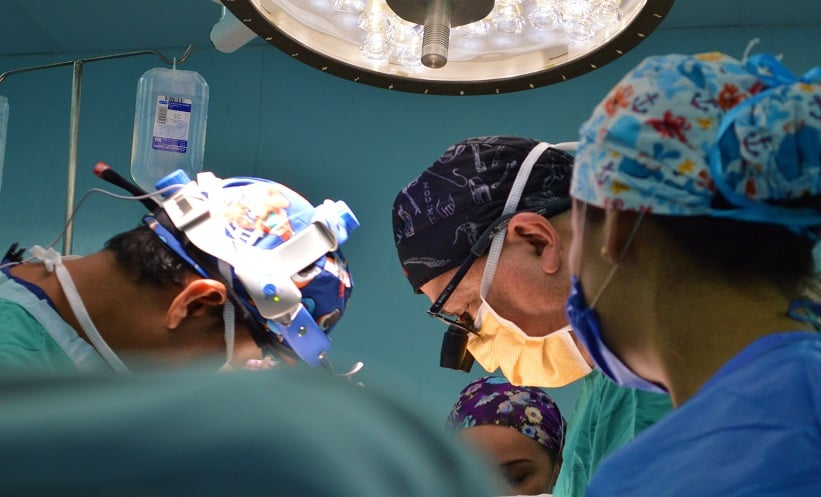ROBOTIC surgery has revolutionised modern medicine and changed the world of medical technology for the better. Compared with open surgery, robotic surgery enables surgeons to perform complex procedures more precisely. A novel clinical trial aimed to compare the effectiveness and improvement of patient recovery time between robotic surgery and open surgery in the treatment of bladder cancer.
The trial was pioneered by leading scientists from the University of London, UK, and the University of Sheffield, UK, and involved nine hospitals across the UK. Participants included 338 patients with non-metastatic bladder cancer who were divided into two cohorts: 169 patients who had undergone robotic surgery for bladder removal with intracorporeal reconstruction, and 169 patients who had open surgery for bladder removal.
The primary endpoint of the study was the duration of time patients stayed in the hospital for after surgery. Findings showed that patients who had robotic surgery stayed in the hospital for 8 days after their operation, whereas patients that had open surgery were in the hospital for 2 days longer. Additionally, there was a significant 52% reduction in patients readmitted to hospital within 90 days of surgery in the robotic-assisted cohort compared with the open surgery cohort, and a 77% reduction in blood clot prevalence compared with patients that had open surgery.
Secondary outcomes including quality of life, blood clot prevalence, and survival were either improved in patients who had robotic surgery or the same as patients who had open surgery. This shows that robotic surgery is just as effective, if not more so, than open surgery.
James Catto, Co-chief Investigator, Professor of Urological Surgery at the Department of Oncology and Metabolism, University of Sheffield, summarised how these findings can benefit patients in the future: “This is an important finding. Time in hospital is reduced and recovery is faster when using this advanced surgery. Ultimately, this will reduce bed pressures on the [National Health Service] NHS and allow patients to return home more quickly. We see fewer complications from the improved mobility and less time spent in bed.”
These results have opened the conversation of challenging open surgery as the ‘gold standard’ and the researchers are now conducting a health economic analysis to assess the impact of robotic assisted surgery on the quality of life of the patients.








